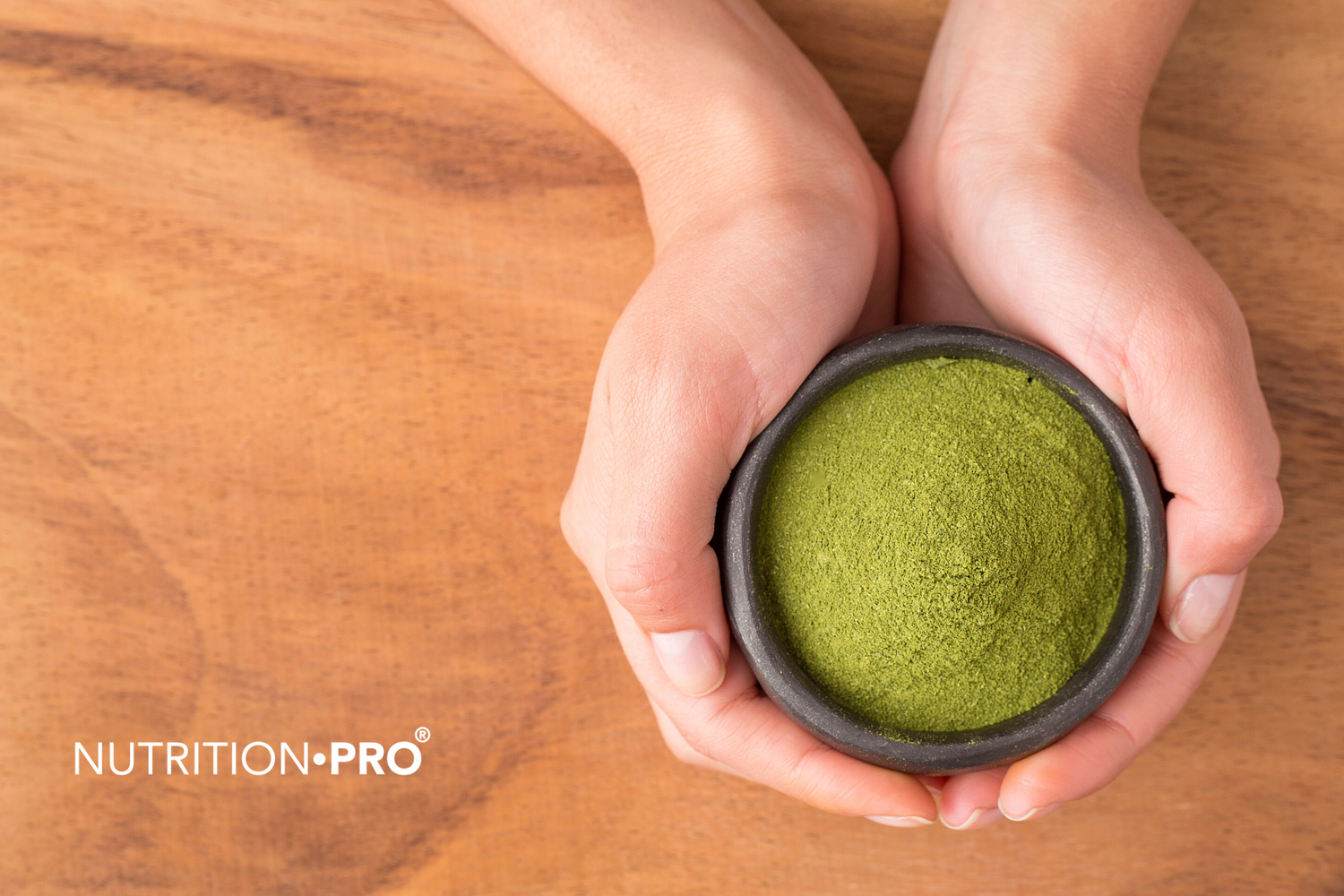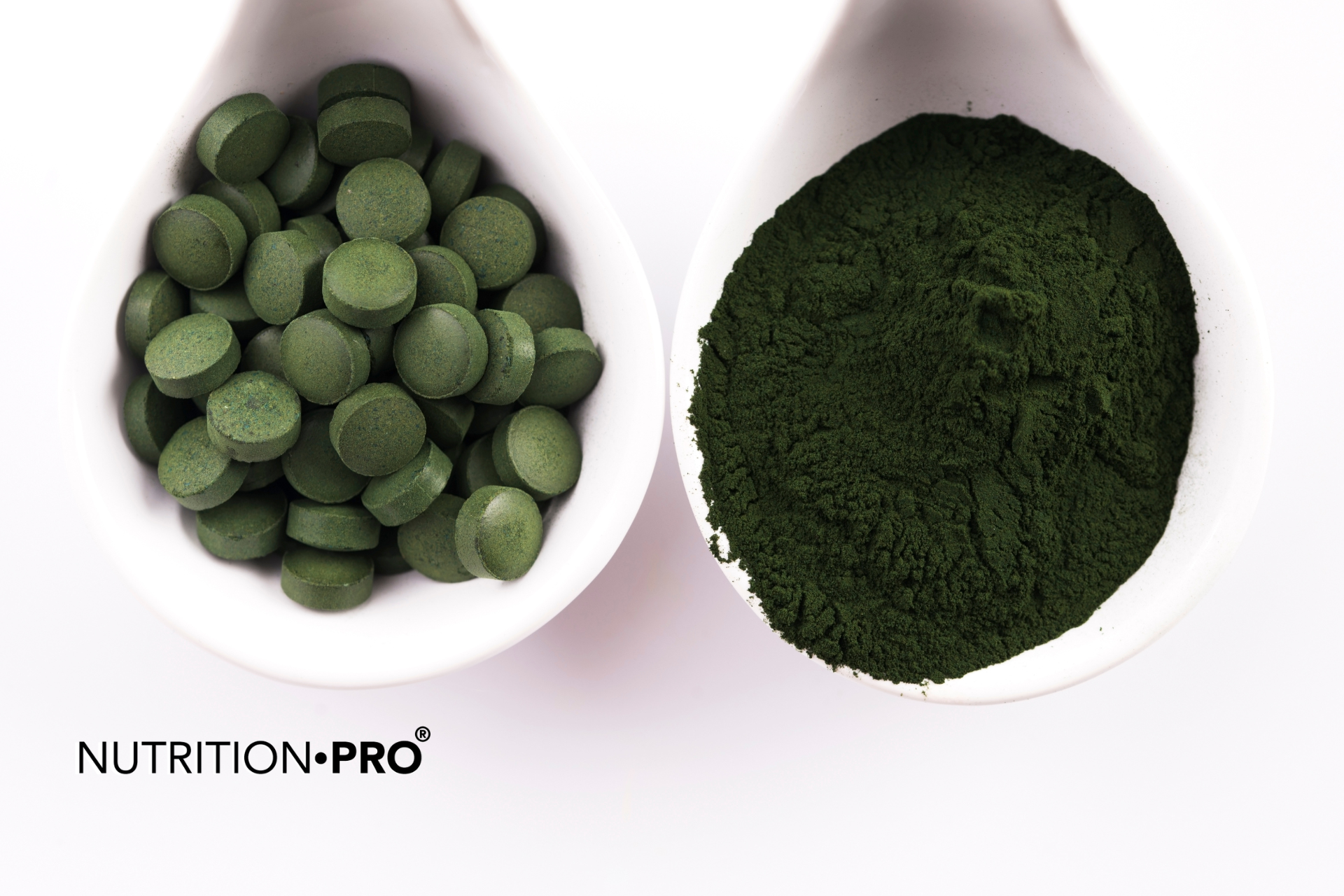What is Moringa?
Moringa ( Moringa oleifera) is a plant native to India, which grows in the foothills of the Himalayas as well as in certain African regions.
Also called " The Tree of Life ", Moringa has been used for centuries due to its powerful nutritional, medicinal and health benefits.
Discover our organic moringa by clicking here
What is the composition of moringa?
The nutritional value of moringa is exceptional.
In some countries, moringa is also used to fight malnutrition and to prevent certain diseases.
A true treasure of nature , it is composed of vitamins (B1, B2, B3, B5, B6, B8, B9, A, C, E), minerals (potassium, calcium, magnesium, iron, manganese, selenium), d omega 3 and 9 , antioxidants and proteins containing the 8 amino acids essential to the body.
Remarkably, moringa provides 7 times more vitamin C than oranges, 10 times more vitamin A than carrots, 17 times more calcium than milk, 9 times more protein than yogurt, 15 times more potassium than bananas and 25 times more iron than spinach.
What are the benefits of moringa?
Here are the health benefits of moringa that are backed by scientific research:
1. Moringa is extremely nutritious
As seen earlier in the article, moringa has exceptional nutritional value.
2. Moringa is rich in antioxidants
Antioxidants are compounds that act against free radicals that damage our cells.
Several antioxidant plant compounds have been found in moringa leaves. In addition to vitamin C and beta-carotene, these include:
- Quercetin: This powerful antioxidant can help lower blood pressure .
- Chlorogenic acid: Also found in high amounts in coffee, chlorogenic acid can help moderate blood sugar levels after meals .
One study found that taking 1.5 teaspoons (7 grams) of moringa leaf powder daily for three months significantly increased blood antioxidant levels .
Thanks to its antioxidant content, moringa also fights against premature aging and therefore easily falls into the anti-aging category.
3. Moringa helps fight malnutrition
An insufficient amount of nutrients in the body can lead to decreased mobility and endurance, reduced muscle mass, frequent illnesses, gastrointestinal disorders, and poor mental health, among other constitutional problems.
With 46 antioxidants and 92 vitamins, minerals, trace elements and essential fatty acids under its belt, moringa can treat malnutrition cost-effectively.
It acts as an iron supplement to help fight anemia , the high protein content is beneficial for maintaining muscle mass , our body easily absorbs the calcium present in the leaves which can improve bone strength , vitamin B presents acts as a natural energy booster and strengthens the immune system and provides the necessary nutritional support to regain the stability of health.
4. Moringa has anti-cancer effects
One study investigated the anticancer effect of moringa leaf extract. They have shown remarkable anticancer properties, particularly on breast and colorectal cancers .
The study suggests that the anti-cancer properties of moringa could be attributed to the bioactive compounds present in the extracts of this plant.
5. Moringa is a good source of complete vegetable protein
Whether you're vegetarian, vegan, or just trying to cut down on your meat intake, finding complete plant-based protein isn't always easy.
Powders from crushed moringa leaves are packed with protein — 3 grams of protein per tablespoon, in fact — and are a step ahead of legumes because they contain all nine essential amino acids , needed for muscle repair, energy production.
6. Moringa can protect your liver
Think of your liver as your body's detoxifier .
It filters the blood, detoxifies chemicals, and metabolizes fat — and moringa can help it work better .
This is because moringa contains high concentrations of polyphenols to reverse oxidation in the liver.
7. Moringa helps balance blood sugar
Spikes in insulin and blood sugar can cause mood swings and sugar cravings and even lead to the development of type 2 diabetes and obesity.
Moringa leaf powder has been effective in reducing lipid and glucose levels and regulating oxidative stress in laboratory studies.
A clinical study also showed therapeutic antioxidant properties as well as lowering fasting blood sugar in postmenopausal women who took a moringa leaf and amaranth supplement for three months.
How to use moringa powder?
Made from dried and crushed moringa leaves, the powder has a mild, neutral flavor and goes well with many recipes.
- Add it to your morning smoothie.
- For lunches or other meals, it can also be sprinkled into hummus, guacamole, soups, salads, soups or avocado toast.
- Use the powder like matcha and whisk it in hot water for a caffeine-free coffee substitute.
- Moringa-infused teas are also common.
You can find our organic moringa powder by clicking here
And our organic moringa powder in capsules by clicking here
















